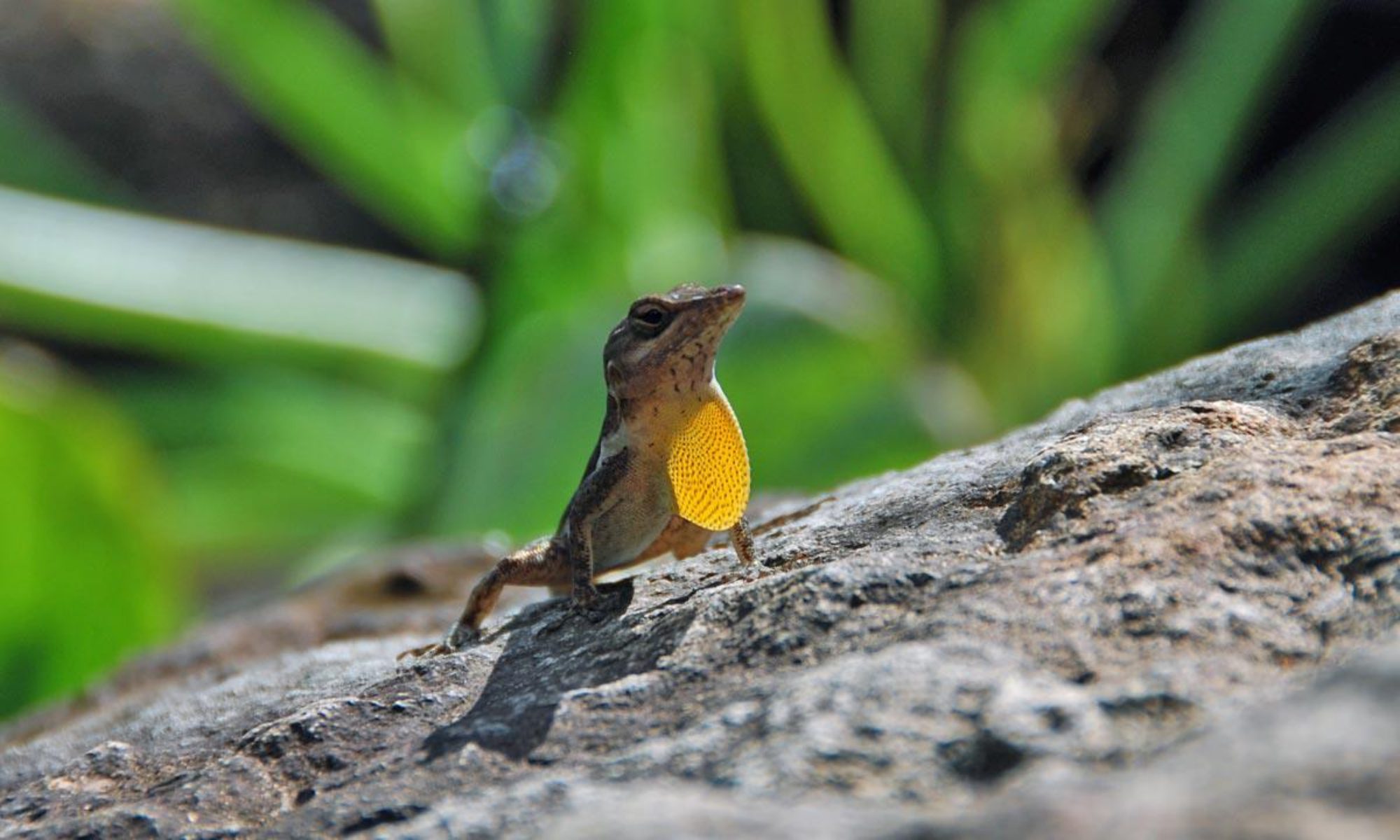GreenSXM has been conducting compostability tests in St. Maarten using their low-cost three-chamber aerated system which processes 360 liters of waste a week. Eco For Life bottles undergo significant bio-degradation in 14 days at temperatures greater than 136 degrees Fahrenheit using juicer pulp, food waste, shredded paper, and wood-chips as the primary feed-stock. The entire aerobic composting process lasts 12 weeks.
Properly managed large (>1m3) hot compost piles reach and sustain temperatures above 60*C / 140*F which means it is possible for the bottles to biodegrade in a home compost heap under the right conditions. EN 13432 tests use 136.4 degrees Fahrenheit. ASTM D6400 uses temperatures above 122 degrees Fahrenheit.
PLA cannot be composted in most tumblers, bokashi bins, cold piles, lasagna beds, or worm bins. For a complete explanation, please click here.
Industrial facilities capable of handling PLA are growing worldwide. In the UK, legislation has recently been changed to allow garden waste composters to process PLA, in addition to the 53 in-vessel composters already licensed to process food waste.
In-vessel composting is the most promising option for Caribbean islands where space is at a premium.
Other uses for PLA
PLA also has various other end of life options. It can be incinerated, where it burns more cleanly than oil based plastic. (It smells a bit like cotton candy!) PLA can also be recycled by shredding, melting, and extruding into 3D printer filament.
The Future of PLA
Eventually, PLA will be combined with other compostable materials, creating a product for home compost piles. Research is getting closer, like this example out of Ireland.

